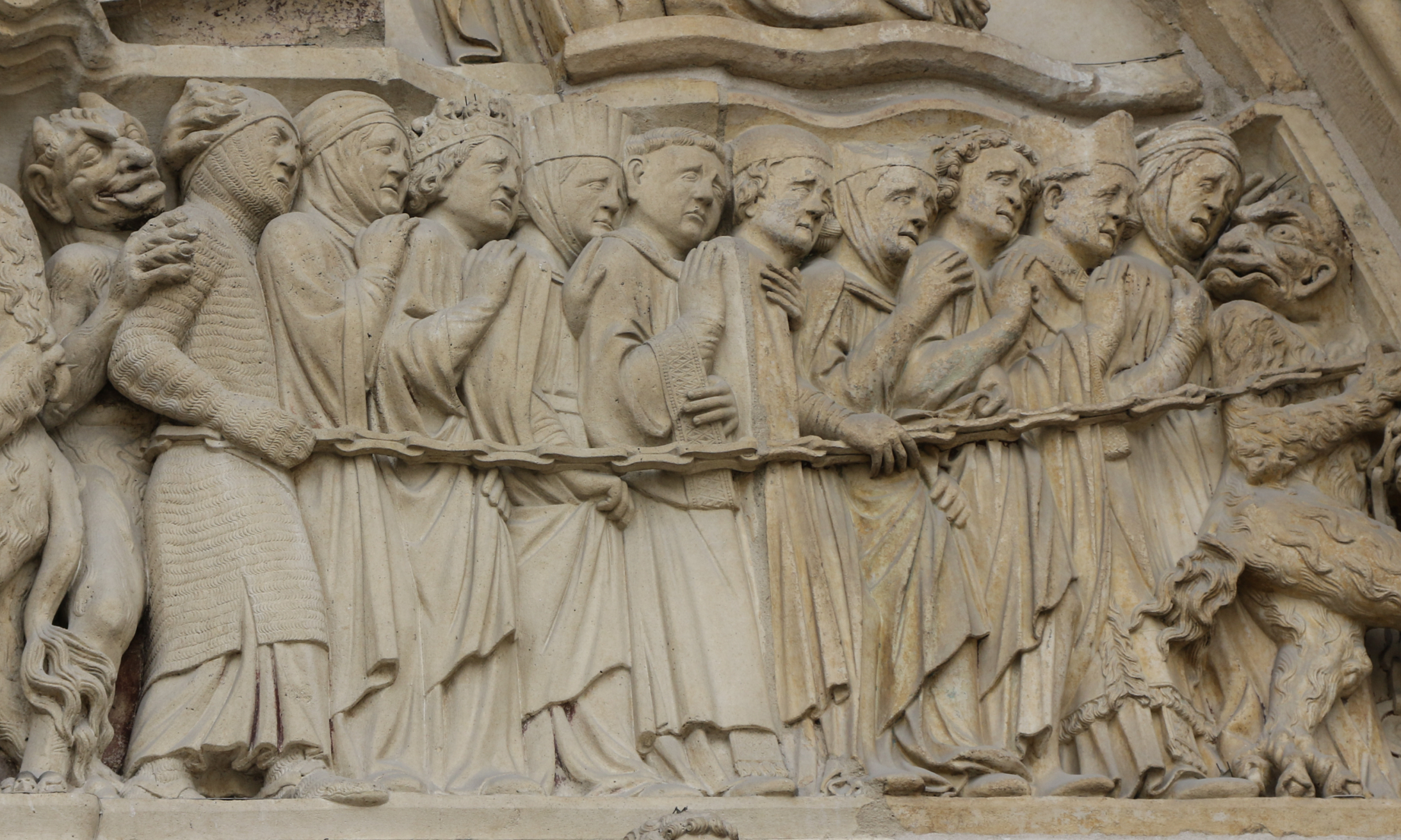The devil may have fallen, but he is still very clever. This fact is to his detriment and ours. While his trickery firmly grounds himself in his obstinance, he also attempts to drag us down with him. C.S. Lewis wrote an ingenious depiction of this diabolical intelligence in The Screwtape Letters. This novel consists of letters written by Screwtape, a higher-up in the demonic ranks of hell, wherein he gives advice to his nephew, a tempter in training named Wormwood. In this unique work of fiction, the reader receives a somewhat frightening perspective on the enemy’s temptations. But Lewis’s point is not primarily to frighten. Rather, Screwtape’s career is the source of keen insight regarding virtue. In Lewis’s story, the cunning of demons becomes an aid to our self-knowledge.
We can and should concern ourselves with growing in virtue, asking God to increase those we need and for opportunities to practice them. But have we noticed how often we direct these petitions toward the distant future? It is a clever trick of the enemy to keep us preoccupied with hypothetical moments where our practice of virtue remains contingent. By focusing on what we might do in the future, we can easily fail to recognize the opportunities to practice virtue in a real and immediate way.
While our future virtues abide in the imagination, our present vices remain very real. This is what the devil wants, and it’s why Screwtape advises Wormwood to make sure that our desire for virtue remains in the imagination rather than the will. To be sure, more is demanded of us if our virtues are to be executed and not merely envisioned. But the enemy tries to use this difficulty of ours to his own advantage.
An important question follows from Screwtape’s diabolical advice. Should we be concerned with the future at all? The answer is yes and no. First, we should examine how Screwtape reminds Wormwood of what makes the present so precious for man and, therefore, perilous for the devil:
The humans live in time but our Enemy [God] destines them to eternity. He therefore, I believe, wants them to attend chiefly to two things, to eternity itself, and to that point of time which they call the present. For the present is the point at which time touches eternity. Of the present moment, and of it only, humans have an experience analogous to the experience which our Enemy has of reality as a whole. (The Screwtape Letters, Chapter 15)
The future makes us anxious. Eternity gives us bliss. We should only be concerned with the future insofar as it affects what we need to do now while still directing our eyes to eternity: “The duty of planning the morrow’s work is today’s duty; though its material is borrowed from the future, the duty, like all duties, is in the present” (Ibid.). We may worry about the future and the trials it will bring. These things may be worth our concern for the moment, but not because this world is our final home. While our future requires us to plan right now, the future is not the end. God is the end.
What do we learn from Uncle Screwtape? The enemy hates when we ask for the graces to bear with the present sufferings, when we practice virtue here and now, and when we plead with the Lord to be delivered from the fear of the future. Screwtape admits as much in his advice to Wormwood:
Your patient will, of course, have picked up the notion that he must submit with patience to the Enemy’s will. What the Enemy means by this is primarily that he should accept with patience the tribulation which has actually been dealt out to him—the present anxiety and suspense. It is about this that he is to say “Thy will be done,” and for the daily task of bearing this that the daily bread will be provided. It is your business to see that the patient never thinks of the present fear as his appointed cross, but only of the things he is afraid of. (Ibid, Chapter 6)
Screwtape wants his nephew to do well in the business of tempting so that they can both please their boss. It is our business to thwart this work so that we can please our Father. We do so by focusing on eternity while being sustained by God’s grace in the present.
✠
Photo by Fr. Lawrence Lew, O.P. (used with permission)







